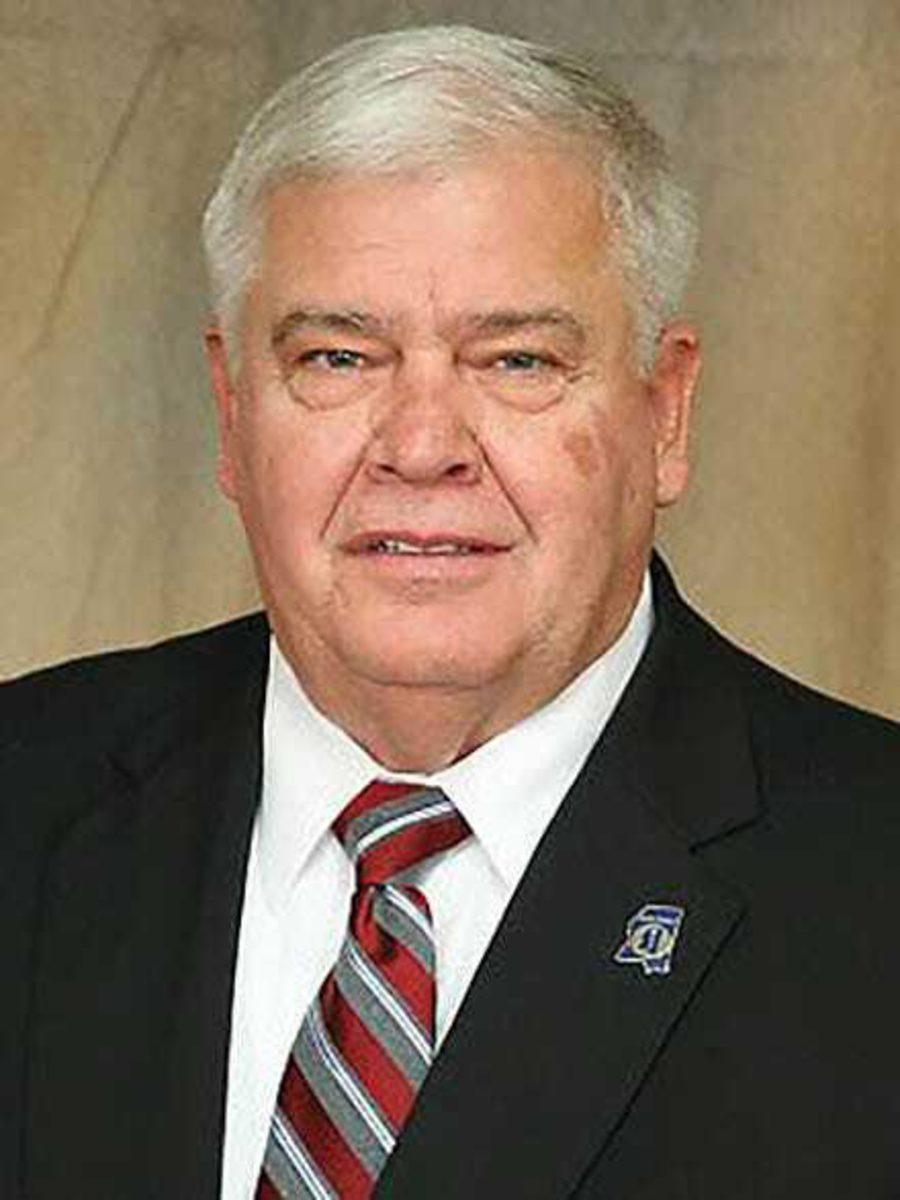Two separate bills focused on the issue of teacher pay have passed both chambers of the Mississippi Legislature.
House Bill 530, also referred to as the START Act (Strategically Accelerating the Recruitment and Retention of Teachers) of 2022, was introduced by Republican representatives and proposes $4,000 to $6,000 increases in teacher salary. The bill passed the House 114-6 in a bipartisan vote.
The Senate unanimously passed their own version of a bill concerning teacher pay raises, with a vote of 35-0. Senate Bill 2444 plans to increase salaries by $4,700, increasing yearly and every five years.
Representative Lynn Wright, a Republican representing District 37, which encompasses parts of Clay, Lowndes and Oktibbeha counties, voted yes on HB530. Wright cites the current shortage of teachers in the state as one of the reasons why teacher pay has become a focal point in state government.
“We have such a teacher shortage, not just in our state, but across the nation. Our teachers have a very, very tough job. A lot of people think they want to go into education, and it really is a calling. Most teachers aren’t in it for the money, but they should be justly compensated. It is still a very underpaid profession,” Wright said.
Wright applauded the bipartisan nature of HB530 and other bills he has voted on during his time in the House.
“I’ve been so impressed by the bipartisan support on so many bills. Everybody seems to get along great in the House, and I’m sure it’s the same way in the Senate as well. With so many bills, we have 122 representatives, and normally it is around 100 or more who are in favor of the bills being passed. Everybody is very cooperative,” Wright said.
Wright also mentioned the issue of teacher retention in Mississippi, as many educators have left the state in pursuit of higher-paying positions.
“Our teachers do a great job. Mississippi has been one of the lowest-paying states in the nations, and I’m glad to see the pay getting closer,” Wright said. “It’s getting more and more competitive because we lose quality teachers to bordering states, and so many of them are choosing other professions after they get their degrees. A lot of them stop teaching, and it is a very challenging profession. There’s so much required of teachers.”
While the bills in the House and Senate differ in some areas, Senator Bart Williams is excited to address teacher pay.
Williams feels confident of the ability of both chambers to reach a compromise on the two bills. While the House bill includes a flat raise, the Senate version includes pay bumps every five years.
Williams, who represents the 15th District which consists of Choctaw, Montgomery, Webster and Oktibbeha counties, voted yes on Senate Bill 2444. He echoed the need for bipartisanship on the issue of teacher pay.
“We see the real need there. We want to compensate our teachers as fairly as we can. We know that if we look around the nearby states, there are big gaps. You’ve got thousands of teachers that will be given a pay raise, and I think collectively, on either side, either party, we see that as a good thing for our economy,” Williams said.
Williams continued, saying that while these bills are important, they are just the first step in education reform.
“They definitely are steps, but they are just pieces of the puzzle,” Williams said. “We can have some scholarship things in place for people that may want to major in education. I think within the school system, there are always concerns about testing methodology. We need to be constantly tackling the issues and finding the right recipe.”
Another representative who voted yes on the START bill is Rob Roberson, who represents District 43, which includes parts of Oktibbeha and most of Winston counties. Roberson talked about what is included in the House version of the teacher bill.
Roberson alluded to the average teacher salary in Mississippi being a factor in the support of this bill, as it is significantly lower than its southeastern counterparts.
“One of the governing factors was to get us above not just the Southeastern average, but the national average as well, and increase our attractiveness to young teachers so that when they finish school, they’ll teach and stay in Mississippi.”
Roberson, a Republican, said education is an inherently bipartisan issue.
“I think it comes down to trust. House Republicans and House Democrats may not always agree on the way to get there, but we all want Mississippi to do better,” Roberson said. “When you look at the big picture, you see that education doesn’t have an R or a D on it. It’s education. It is trying to take care of our kids. Both sides didn’t feel the need to continue trying to trump each other. We’re trying to actually make a difference.”
Roberson talked about brain drain in the state and encouraged young professionals to stay in Mississippi.
“The community, whether it be students or young people, I want to encourage them to give Mississippi a chance. We will try to keep as many of our young people as we can. What it comes down to is making sure they understand that they are part of the solution, and they’re part of the plan to make our communities more viable and that their ideas matter. Don’t be afraid to bring their ideas to the forefront and try to make Mississippi the best it can be,” Roberson said.
Now that both bills have passed their respective chambers, legislators from each body will meet to work on a bill to send to Governor Tate Reeves’ desk. While it is unknown whether or not the governor will pass the future bill, Representative Lynn Wright “feels certain” that he will sign it.
Bart Williams, Mississippi State Senator for District 15.































































































